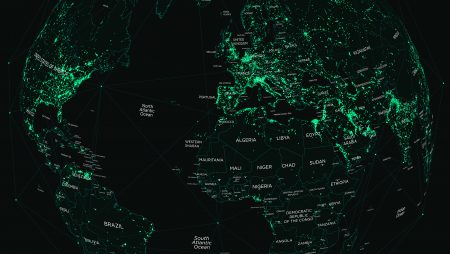‘Who is the city for?’ That is the question tackled in a new (free) publication by Verso Books. Joe Shaw and I have a chapter in there. The blurb from Verso and links are below:
“In 1968, the French Marxist philosopher Henri Lefebvre wrote “Le Droite a la Ville” (“The Right to the City”), which has become one of the most essential texts in radical geography and urban studies. It transformed the way we think about urban life and the right to make and remake our cities, and ourselves. Fifty years on, the question of who is the city is for, and why, is more urgent than ever.
In this special ebook report (free to download!), some of the most important voices in the current debate on the right to city are gathered to debate what Lefebvre originally intended and what it might mean today within the neoliberal urban world. How these ideas help us to understand the contemporary struggle in housing; how to protest gentrification; the privatisation of public spaces; and the demand for places of self expression, and the security of home. The collection also explores how these ideas can be used in other fields—such as digital space and the Internet of Things.
Contributors include David Adler, Neil Brenner, Bradley Garrett, Andrea Gibbons, Huw Lemmey, David Madden & Peter Marcuse, Andy Merrifield, Anna Minton, Don Mitchell, Rebecca Omonira-Oyekanmi, Nina Power, Dubravka Sekulić, Joe Shaw & Mark Graham, and Alex Vasudevan.”
Related links:
Shaw, J and Graham, M. (eds). 2017. Our Digital Rights to the City. London: Meatspace Press.
Shaw, J. and Graham, M. 2017. An Informational Right to the City? Code, Content, Control, and the Urbanization of Information. Antipode. 49(4) 907-927. 10.1111/anti.12312
Graham, M. and Shaw, J. 2017. An ‘Informational Right to the City’?. New Internationalist. Feb 8, 2017
Shaw, J and Graham, M. (eds). 2017. Il nostro diritto digitale alla città. Rome: Openpolis.


